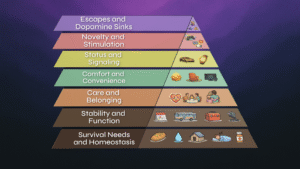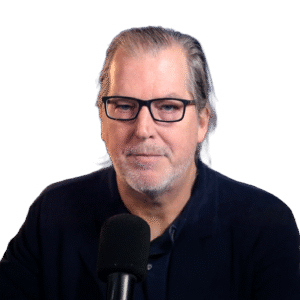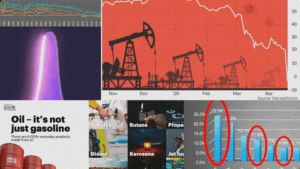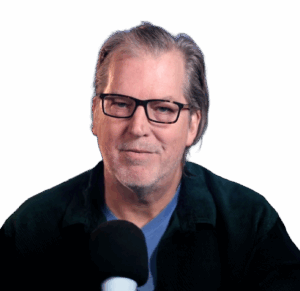Summary
We are a product of evolutionary processes – certain categories of behaviors made our ancestors more ‘fit’ depending on the environmental/social circumstances in the past. One of these behaviors – ‘spite’ – is when an animal (or human) actively does something against their self-interest as long as it hurts their competitor more. In a post growth world I expect – and fear – that this dynamic will become more prevalent at micro scales in our daily lives but also – and of more immediate concern – at the macro scale of nation states. I thought it worth a short video to explain spite, to understand it, as a small thread of awareness in hopes of avoiding it. We are going to need as much pro-social (as opposed to anti-social) behavior in coming decades as possible. A short reflection, on the concept of ‘spite’.
In French, we have a motto that says that a simple drawing is often better than a long explanation. Jean-Marc Jancovici Carbone 4 President
That’s very understandable because with left atmosphere thinking, one of the problems is that you see everything as a series of problems that must have solutions. Iain McGilchrist Neuroscientist and Philosopher
We can’t have hundreds and hundreds of real relationships that are healthy because that requires time and effort and full attention and awareness of being in real relationship and conversation with the other human. Nate Hagens Director of ISEOF
This is the crux of the whole problem. Individual parts of nature are more valuable than the biocomplexity of nature. Thomas Crowther Founder Restor
Show Notes & Links to Learn More
01:14 – Relative fitness
02:33 – Absolute fitness
02:59 – Adaptation Executors
03:17 – Four behaviors in the natural world (Selfishness, Cooperation, Altruism, Spite)
04:24 – Reciprocal Altruism
12:42 – Most of history had flat economic stability
06:27 – Under high economic growth, competition has been encouraged
08:04 – Low income wagers destroying solar panel of rich people
09:33 – Nuclear war
10:35 – Evolutionary engrained threats and more powerful than modern threats like nuclear war
11:22 – Confirmation bias







